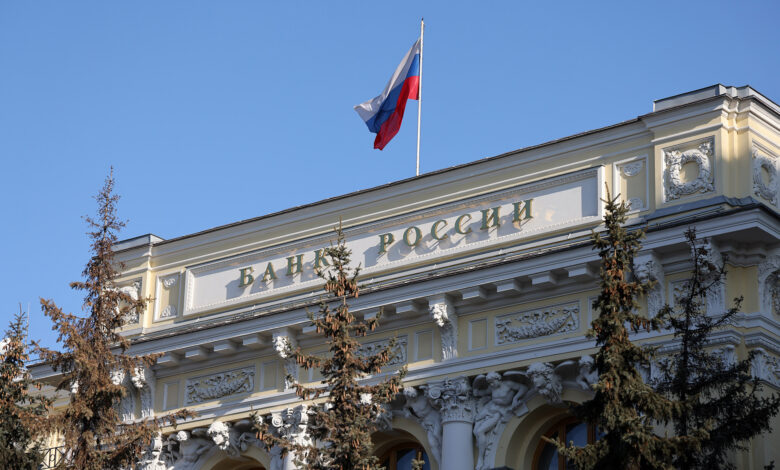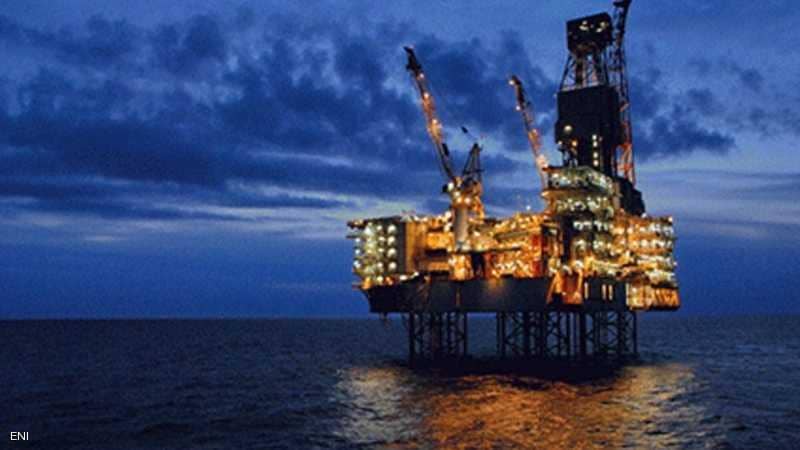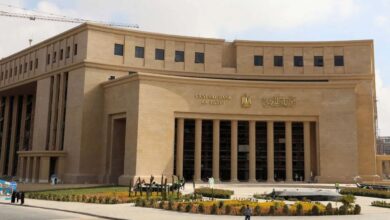
Russia slashed interest rates on Thursday as a resurgent ruble — buoyed by robust oil and gas revenues — takes some of the heat out of inflation.
The Russian Central Bank cut interest rates from 14% to 11%, after inflation slowed to 17.5% in May compared to 17.8% in April, said the bank, which is now forecasting that annual inflation will decrease to 5–7% in 2023 and return to 4% in 2024.
The bank raised interest rates to 20% as the Russian economy was hit by Western sanctions, but the latest move means they are now almost the same as before the invasion of Ukraine, when they stood at 9.5%.
“External conditions for the Russian economy are still challenging, considerably constraining economic activity,” said the bank. “Financial stability risks decreased somewhat, enabling a relaxation of some capital control measures.”
Reacting to the decision, William Jackson, chief emerging markets economist at Capital Economics, said that additional rate cuts and easing of capital controls seem likely.
“The key point is that high oil and gas revenues are providing policymakers with a lifeline, allowing them to row back emergency economic measures,” said Jackson.
On Monday, Russian President Vladimir Putin said the economy was “withstanding the impact of sanctions” despite a gloomy outlook.
“Despite all the difficulties, the Russian economy is withstanding the impact of the sanctions, and withstanding it quite well,” Putin said in a meeting with Belarusian President Alexander Lukashenko in the Black Sea resort city of Sochi.
“Yes, it’s not easy. Everything that happens requires special attention from the economic bloc of the government. On the whole, these efforts are having a positive effect,” said Putin.
Some background: In late April, Russia’s Central Bank said the Russian economy was expected to shrink by 8-10% in 2022, noting a decline in economic activity in March after the imposition of international sanctions on Russia.
Earlier the same month, the World Bank predicted that Russian GDP would shrink by 11.2% in 2022.
Western sanctions imposed following Russia’s invasion of Ukraine are making life difficult for the Kremlin, but they are also affecting the global economy.
“Russia’s invasion of Ukraine has compounded the Covid-19 pandemic – a crisis upon a crisis – devastating lives, dragging down growth and pushing up inflation,” according to a blog from the International Monetary Fund published Monday.




